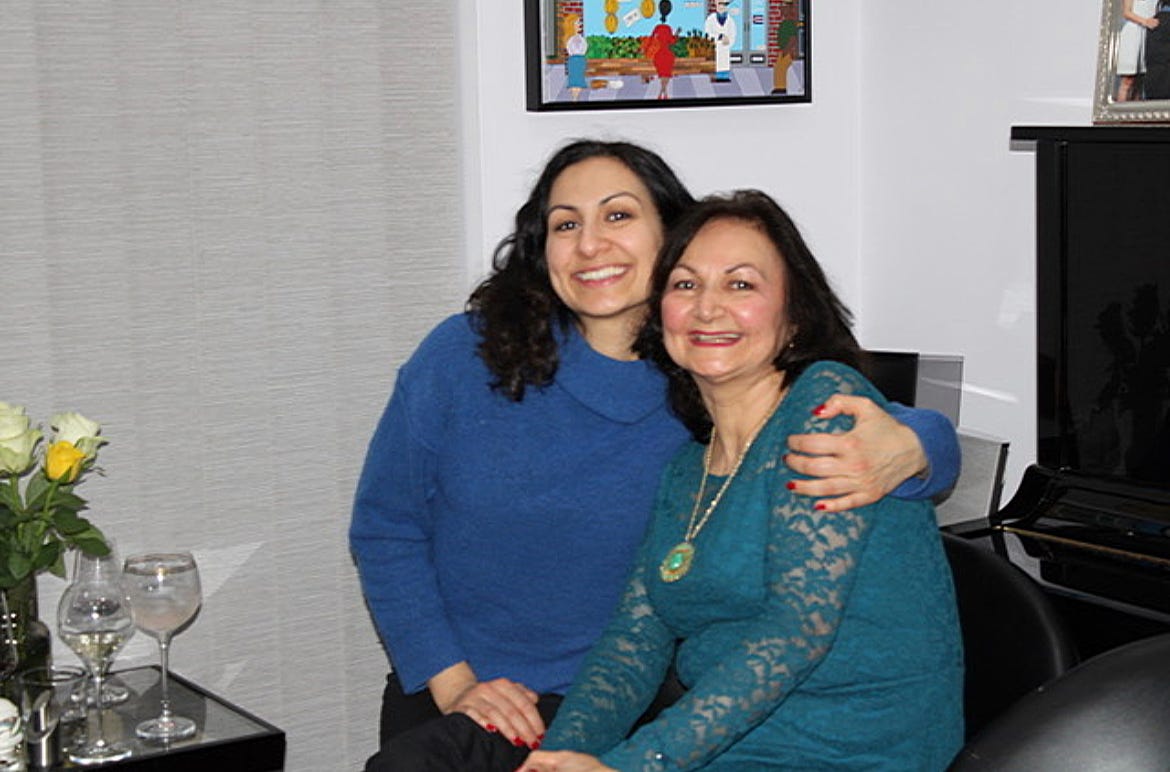Seize the day — you never know if it might be your last
A conversation with my mum on the eve of her 70th birthday

The last two weeks of March are always a special time in our family as it’s Nowruz — the Iranian New Year — which brings with it happy days filled with lots of celebrations, good food and good cheer. This year, our festivities have had an extra special vibe though, as its also the week my mum turns 70.
I feel lucky to have a close relationship with my mu…
Keep reading with a 7-day free trial
Subscribe to Rising Up with Yasmin Khan to keep reading this post and get 7 days of free access to the full post archives.




